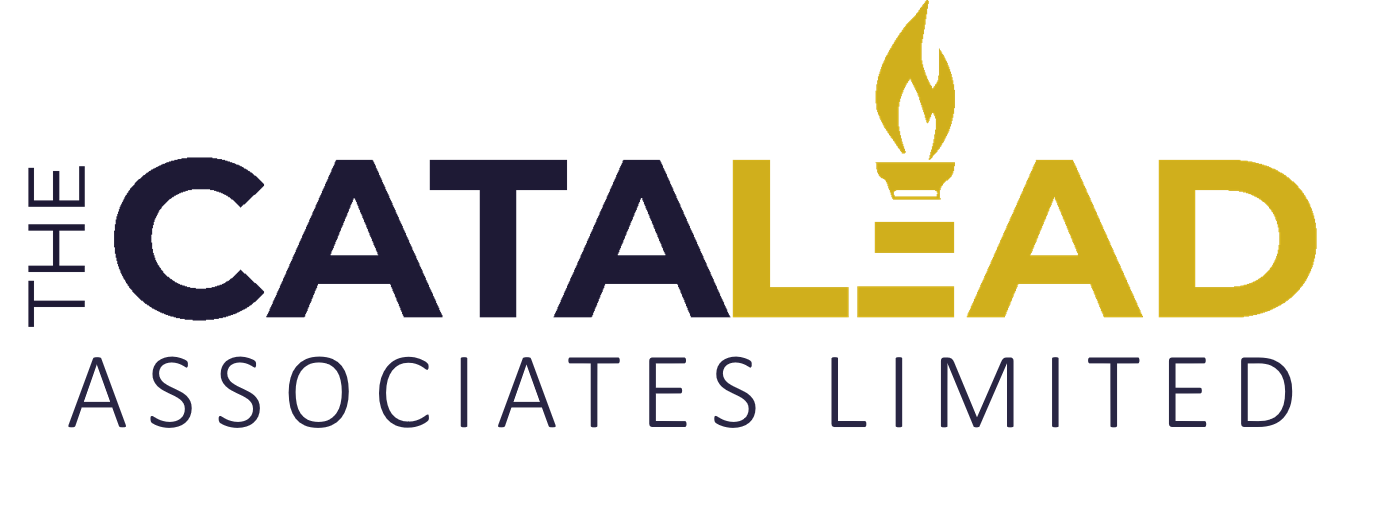
Welcome to the Organizational Politics Skills Assessment
“You can be the most talented person in the room, but if you don't understand office politics, your influence and impact will be limited.” — Jo Miller, women's leadership expert and executive coach
Organizational Politics involves the use of influence, relationships, alliances, and strategic behavior to gain advantage, control resources, or achieve personal or professional goals.
Navigating organizational politics is essential for career advancement, effective leadership, and achieving organizational goals without compromising integrity.
This assessment offers you an insightful look into your ability to navigate organizational politics—and empowers you to sharpen your political skills for greater leadership influence and impact.
Upon completion, a detailed and personalized report will be delivered to your email—highlighting your strengths and outlining key areas for growth.